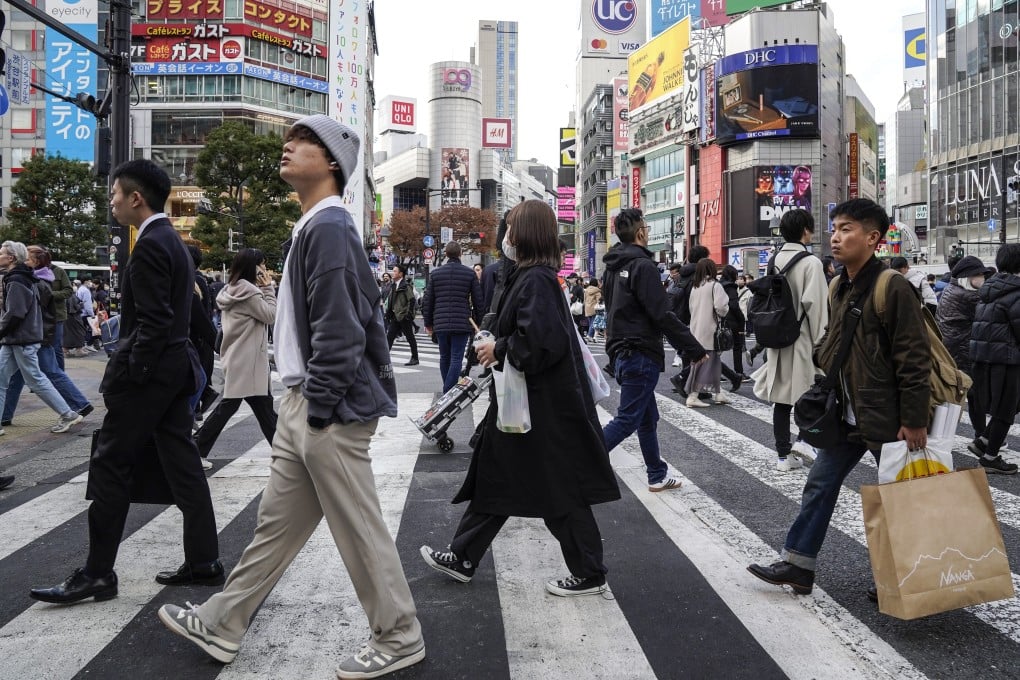Advertisement
Japan increasingly ‘out of sync’ with global market as people shun speaking English
- The Netherlands and Singapore have topped an English proficiency survey by Swiss firm EF Education First, which ranked China 82nd and Japan 87th
- Even as Japan is ‘rapidly globalising’, many people are reluctant to learn to speak English, a move one observer says is ‘self-defeating’
Reading Time:3 minutes
Why you can trust SCMP
19

Japan is slipping further down the international rankings for spoken proficiency in the English language, with the latest study by a Swiss educational company placing the country behind Malawi and only narrowly ahead of Afghanistan.
That is a poor result for the world’s third-largest economy, say experts, and one that arguably puts Japan’s role in the world and its agenda at risk.
The annual survey, by Swiss company EF Education First, measures the English proficiency of people in 113 non-English-speaking places around the world. The Netherlands topped the rankings this year, followed by Singapore, Austria, Denmark and Norway.
Advertisement
After Singapore, the highest-ranked place in Asia was the Philippines, in 20th, followed by Malaysia in 25th, Hong Kong in 29th and South Korea in 49th. China was ranked 82nd.

Japan was listed in the 87th spot, down from 14th position in 2011, the first year the rankings were devised, although only 40 nations were surveyed that year. Japan has fallen in the ranking every year since, continuing that trend in 2023 by sinking another seven places from last year.
Advertisement
Advertisement
Select Voice
Choose your listening speed
Get through articles 2x faster
1.25x
250 WPM
Slow
Average
Fast
1.25x